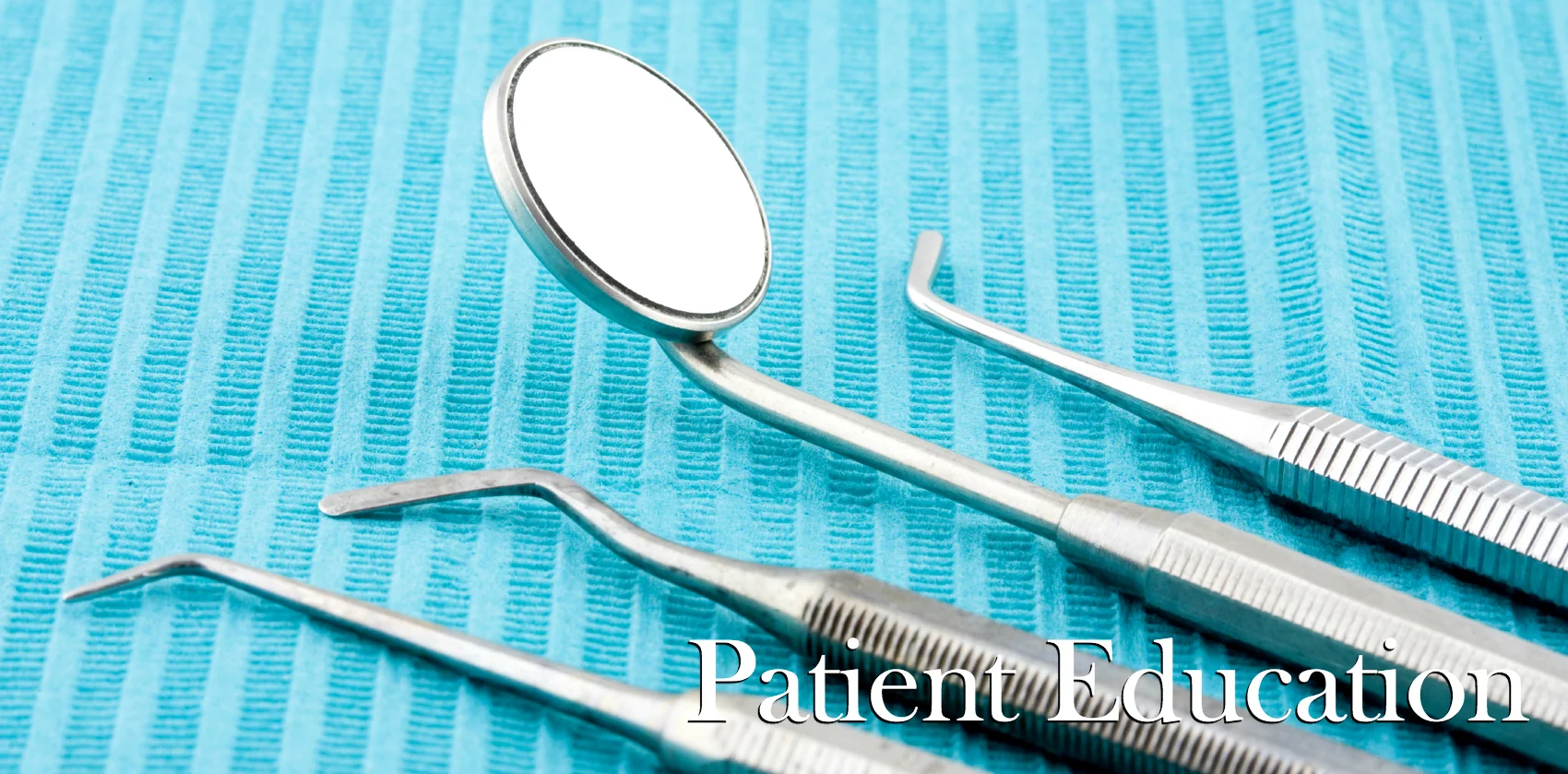In a recent article, the American Dental Association recognized that where and how you store your toothbrush has a significant impact on the types of bacteria it harbors. Toothbrushes left sitting out on bathroom counters to dry harbor many types of bacteria, some associated with the "other" things we do in the bathroom. Fortunately, there is no scientific evidence that these bacteria can harm your mouth.
To keep the general level of bacteria on your toothbrush at its lowest, the ADA recommends rinsing with tap water after brushing and allowing the brush to air dry. Putting the brush in a case or cover can retain moisture and actually cause more bacterial growth between the bristles. The brush (or brush head in electric units) should be changed every three to four months to maximize their cleaning ability.
Finally, it is important to remember to never share a toothbrush. We now understand that both gum disease and tooth decay are bacterial in nature, and that these bacteria can be transferred from person to person. This is particularly important for children under the age of three who are highly susceptible to cavity-causing bacteria. If you have any other questions on dental hygiene or oral health products, please give our office a call!


